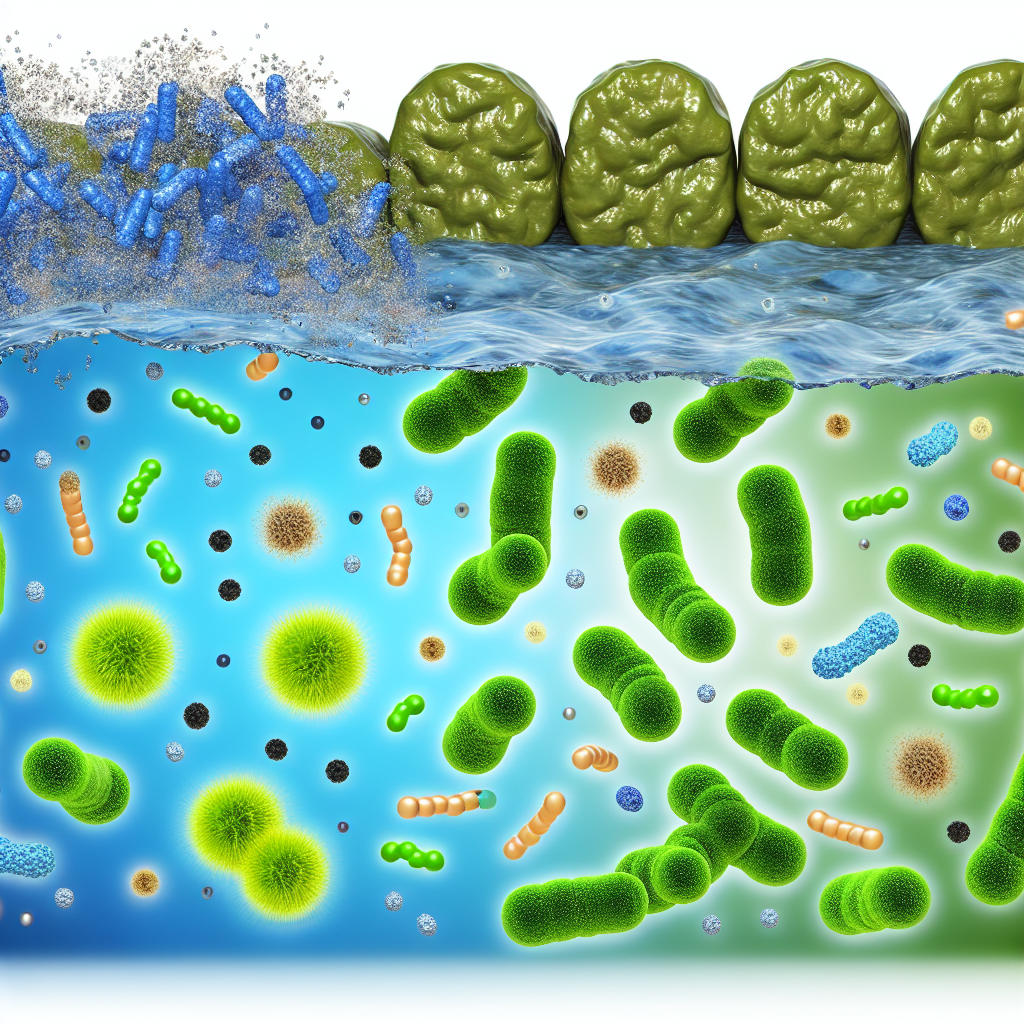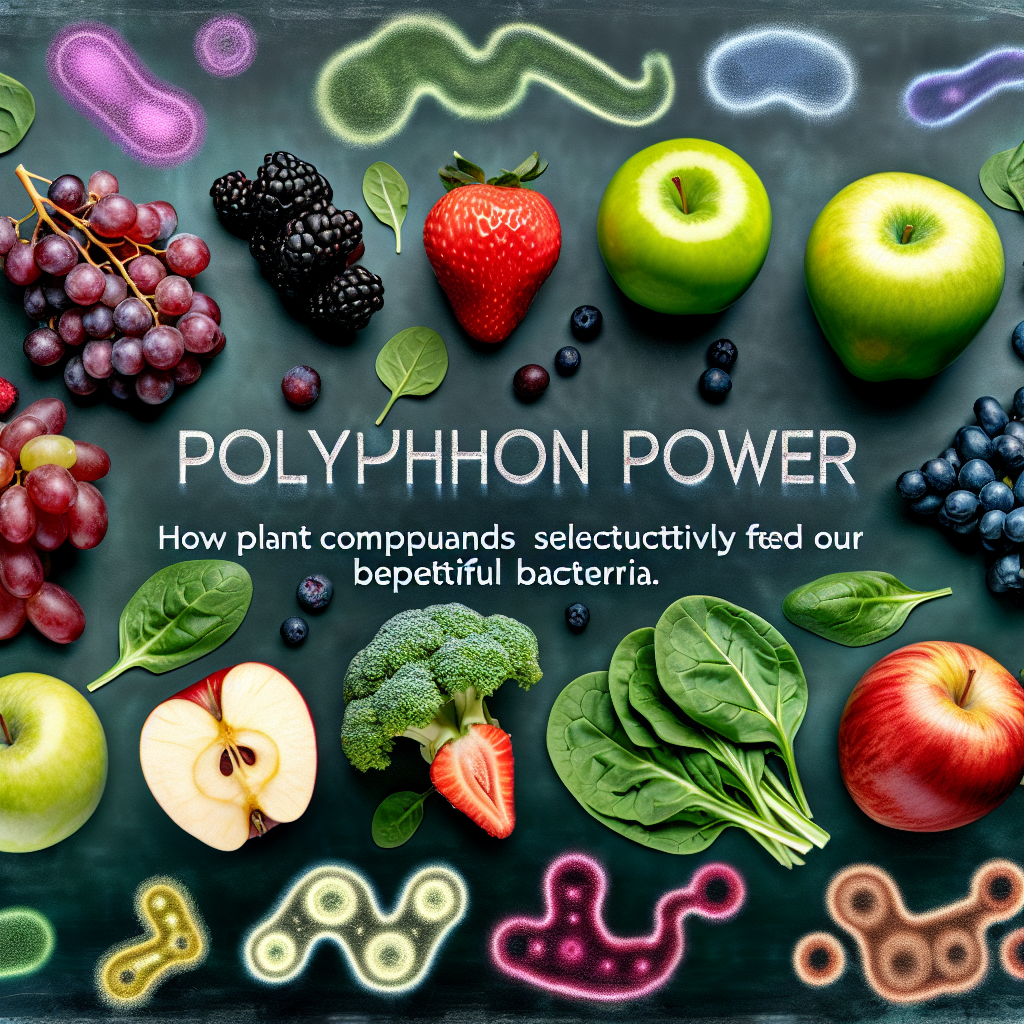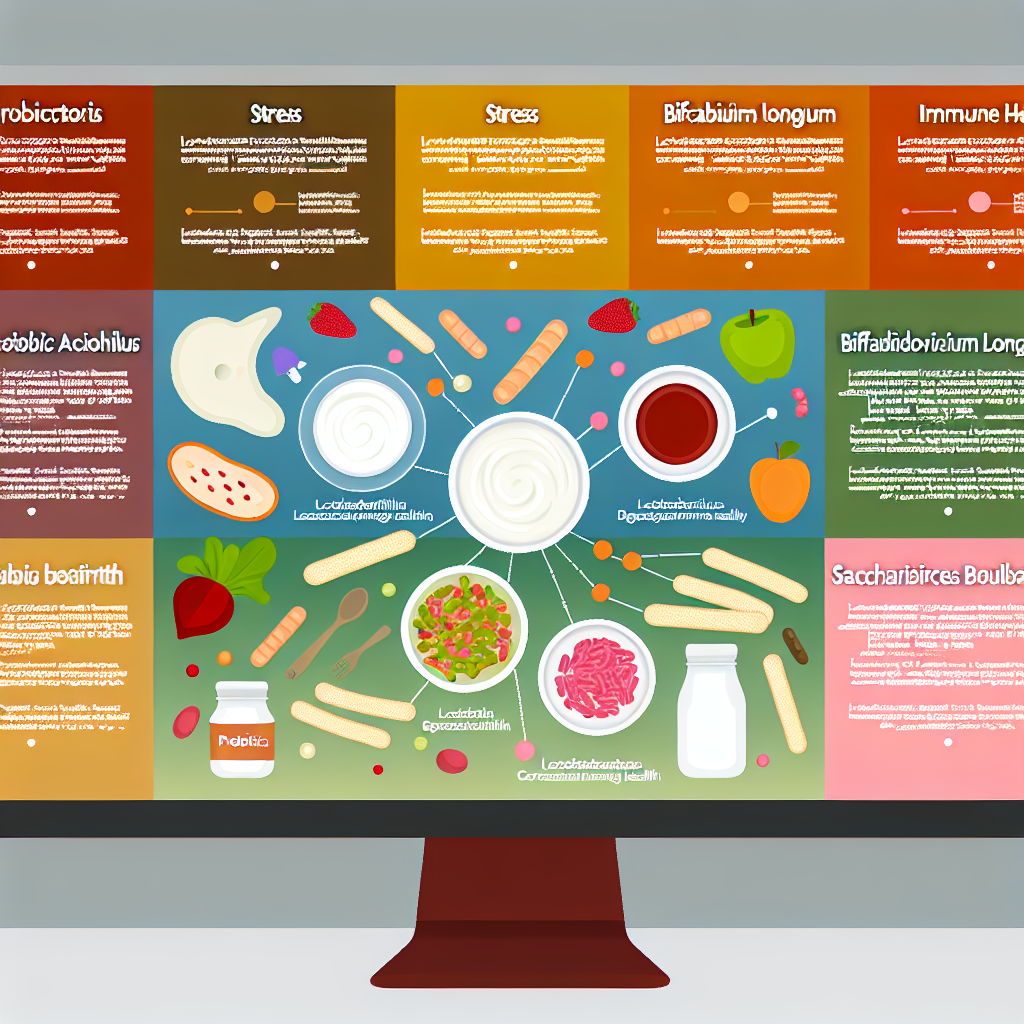Athletic Gut Performance: Optimizing Digestion for Exercise Recovery and Endurance
Athletes and fitness enthusiasts often focus on protein intake, training regimens, and sleep hygiene as the key pillars to peak performance. While these areas undeniably play significant roles in physical performance and recovery, there’s a deeply interconnected and oft-overlooked system that governs how well the body can perform and recover—gut health.
The gastrointestinal (GI) system is more than just a digestion center; it is a critical player in immune regulation, inflammation control, nutrient absorption, and even mental clarity. For athletes pushing their physical boundaries, the state of their gut can significantly influence endurance, exercise performance, and post-workout recovery.
When you engage in high-intensity or prolonged exercise, your body diverts blood away from the GI tract to prioritize muscle function and oxygen delivery. This redirection, while crucial for movement, can negatively impact digestive efficiency and cause gut distress—symptoms like cramping, bloating, or diarrhea during and after workouts are common in endurance athletes.
Over time, chronic GI stress can lead to malabsorption of nutrients, increased inflammation, and degraded immune function, all of which impede recovery and increase the risk of illness and injury.
Emerging research points to the gut microbiome—the trillions of bacteria, fungi, and microorganisms housed in the GI tract—as a potential game-changer for sustained athletic performance. A balanced and diverse microbiome improves digestion, enhances energy metabolism, supports brain function through the gut-brain axis, and reduces systemic inflammation.
On the other hand, a disrupted or inflamed gut environment can sabotage even the most rigorous training regimens. This is where natural cures and herbal therapies come into play.
Unlocking Peak Performance Through Science-Backed Gut Strategies
The scientific community is increasingly uncovering how gut health affects athletic output. A pivotal 2019 study published in Nature Medicine identified a specific bacterial strain, Veillonella atypica, which was found in abundance in marathon runners.
This bacterium digests lactate—a byproduct of intense exercise—and converts it into propionate, a short-chain fatty acid that improves endurance by enhancing energy availability and reducing fatigue. In studies, mice introduced with Veillonella increased their treadmill running duration, providing a strong link between microbial shifts and improved physical performance.
👉 Read the study
Further, a 2020 study in the Journal of the International Society of Sports Nutrition delivered compelling evidence on the power of probiotics. In a double-blind placebo-controlled trial, endurance athletes supplementing with Lactobacillus and Bifidobacterium strains experienced reduced GI distress and improved recovery.
👉 Explore the study
Nature’s Remedies: Herbs and Foods That Support the Athletic Gut
Mother Nature offers a wide range of remedies that holistically support gut health:
Fueling Gut Flora With Prebiotics and Polyphenols
In addition to herbs, specific foods serve as prebiotic and antioxidant powerhouses:
– 🌿 Prebiotic-rich foods like chicory root, onions, Jerusalem artichokes, and garlic feed the beneficial bacteria in your microbiome.
– ☕ Polyphenol-rich foods—green tea, turmeric, pomegranates, berries—do double duty: they neutralize free radicals from exercise and act as fuel for healthy microbiota.
These foods are scientifically shown to reduce inflammatory markers like CRP and IL-6, which peak post-exercise and slow recovery.
👉 See the research
Fermented Foods: The Gut’s Natural Defense System
Fermented foods provide live cultures that repopulate and balance the microbiota:
– 🥛 Kefir
– 🥬 Kimchi
– 🍲 Miso
– 🥬 Sauerkraut
For athletes dealing with leaky gut, constipation, or irregular digestion, these foods can reinforce your intestinal barrier and manage inflammation triggered by intense workouts.
Adaptogens and Hormonal Harmony: Reducing Cortisol to Heal the Gut
Recovery isn’t just physical—stress management is crucial. Cortisol, the body’s stress hormone, can wreak havoc on your gut lining and microbial environment.
This is where adaptogenic herbs play a vital role:
– ⚖️ Ashwagandha
– ☯️ Rhodiola
– 🌿 Holy Basil (Tulsi)
These herbs help regulate cortisol levels and restore hormonal balance, indirectly supporting digestion, sleep, energy levels, and overall resilience.
👉 Read more about stress and gut inflammation
Conclusion: Build an Unstoppable Body from the Inside Out
Optimizing athletic performance doesn’t start with the weights or end with the whey protein—it begins in the gut.
A resilient, diverse microbiome and a balanced digestive system:
– Reduce exercise fatigue
– Enhance nutrient absorption
– Accelerate muscle recovery
– Improve mental focus and endurance
– Decrease inflammation and injury risk
By integrating herbal medicine, functional foods, and probiotic strategies, athletes can unlock next-level performance, recovery, and longevity.
Your training may push limits—but your recovery should nurture foundations. Strengthen your gut today, and become a healthier, more powerful version of yourself tomorrow.
References
1. Scheiman, J. et al. (2019). Meta-omics analysis of elite athletes identifies a performance-enhancing microbe that metabolizes lactate. Nature Medicine. https://www.nature.com/articles/s41591-019-0485-4
2. West, N.P., et al. (2020). Probiotic supplementation for gastrointestinal symptoms in athletes: A randomized placebo-controlled trial. Journal of the International Society of Sports Nutrition. https://jissn.biomedcentral.com/articles/10.1186/s12970-020-00351-7
3. Potočnik, D., et al. (2019). Polyphenols and their roles in human health. Nutrients. https://www.ncbi.nlm.nih.gov/pmc/articles/PMC6520689/
4. Ahmad, R., et al. (2010). Stress and gut inflammation. BMC Gastroenterology. https://bmcgastroenterol.biomedcentral.com/articles/10.1186/1471-230X-10-82
5. Leder, A. (2012). Herbal Medicinals: Selected Clinical Considerations Focusing on Known or Potential Drug-Herb Interactions. Archives of Internal Medicine. https://jamanetwork.com/journals/jamainternalmedicine/fullarticle/216857
Concise Summary:
Optimizing athletic performance begins with gut health. A resilient, diverse microbiome and balanced digestive system can reduce exercise fatigue, enhance nutrient absorption, accelerate muscle recovery, improve mental focus and endurance, and decrease inflammation and injury risk. By integrating herbal medicine, functional foods, and probiotic strategies, athletes can unlock next-level performance, recovery, and longevity.

Dominic E. is a passionate filmmaker navigating the exciting intersection of art and science. By day, he delves into the complexities of the human body as a full-time medical writer, meticulously translating intricate medical concepts into accessible and engaging narratives. By night, he explores the boundless realm of cinematic storytelling, crafting narratives that evoke emotion and challenge perspectives.
Film Student and Full-time Medical Writer for ContentVendor.com




